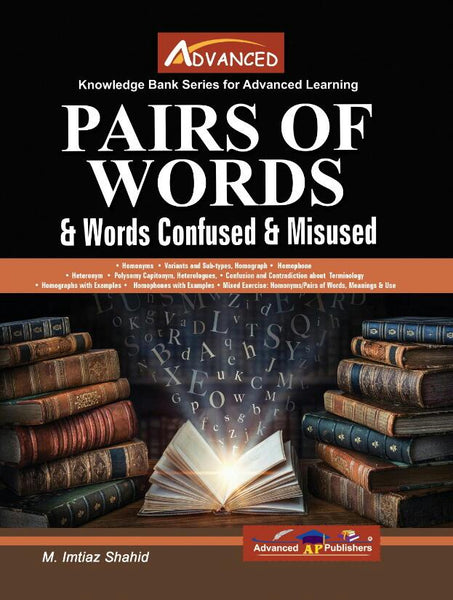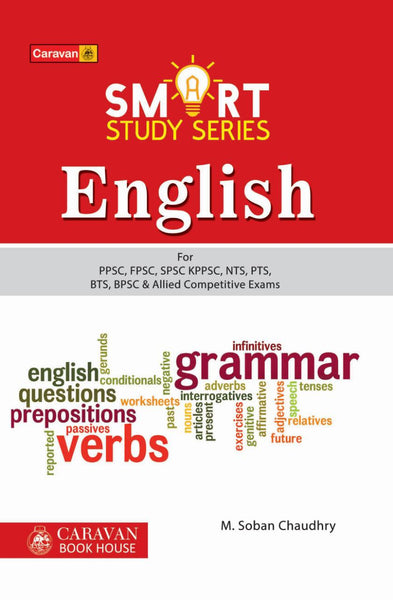The Crucible by Arthur Miller – Kitab Mahal
- Publisher: Kitab Mahal (Pvt) Ltd , KM
- Availability: In Stock
- SKU: 55890
Rs.180.00
Rs.225.00
Tags: 1950s America , 20th-century drama , Abigail Williams , American theater , Arthur Miller , authority , BS , character analysis , corruption in power , Critical Studies , drama as a mirror to society , emotional depth in literature , English , English fiction , fear in literature , guilt and redemption , historical reflection , John Proctor , justice and truth , justice in literature , Kitab Mahal , Kitab Mahal (Pvt) Ltd , KM , literature and politics , literature of resistance , manipulation of truth , mass hysteria , McCarthyism , moral dilemma , paranoia in society , personal morality , personal responsibility , play analysis , political allegory , political persecution , public trials , reputation , Salem witch trials , social justice , societal pressure , Text , The Crucible , the individual vs. society , the role of the church , tragedy and conflict , tragedy in literature , Urdu Tarjama , witch hunts , witch trials , With Urdu Translation
The Crucible by Arthur Miller is a powerful and haunting play that explores the dangers of mass hysteria, the complexities of human nature, and the destructive power of fear. Set during the Salem witch trials in the late 17th century, the play examines how a small community can be torn apart by paranoia, superstition, and a desire for power. The characters in the play are caught in a whirlwind of accusations, lies, and betrayal, reflecting the broader societal issues of witch hunts and political persecution, such as McCarthyism, which Miller critiqued through this work.
Key Points
-
The Dangers of Mass Hysteria
The play shows how fear can spread quickly through a community, leading to irrational behavior and destructive consequences. The characters’ fear of witches causes them to abandon reason and justice, resulting in the tragic deaths of many innocent people. -
The Power of Reputation and Integrity
Reputation plays a crucial role in the play. Characters like John Proctor are faced with moral dilemmas that question whether maintaining one's integrity is worth sacrificing their life. Proctor’s struggle with his conscience and his decision to face the truth is one of the central themes. -
The Role of Power and Authority
The play critiques how power can be abused for personal gain. Figures like Abigail Williams manipulate the fear of witchcraft for their own advantage, gaining influence in the town. The play also explores the authority of religious and judicial institutions in suppressing dissent. -
Individual vs. Society
The Crucible explores the tension between the individual and the collective, as characters like Proctor struggle to retain their personal morality in the face of societal pressure. The play asks important questions about personal responsibility and the consequences of standing up to a corrupt system. -
McCarthyism and Political Allegory
Written in the 1950s during the height of the McCarthy era, The Crucible serves as an allegory for the anti-communist witch hunts in the United States. Miller uses the Salem witch trials as a lens through which to critique the destructive effects of paranoia and the dangers of blindly following authority.
Conclusion
The Crucible remains a timeless exploration of the human condition, examining how fear, power, and reputation can distort truth and justice. Arthur Miller's portrayal of the Salem witch trials is both a historical reflection and a powerful critique of the societal dynamics that allow such horrors to take place. Through this play, Miller urges the audience to question authority, stand up for truth, and resist the pressures of conformity.
════ ⋆★⋆ ═══
Writer ✤ Arthur Miller
Publishers ✤ Kitab Mahal (Pvt) Ltd , KM

























